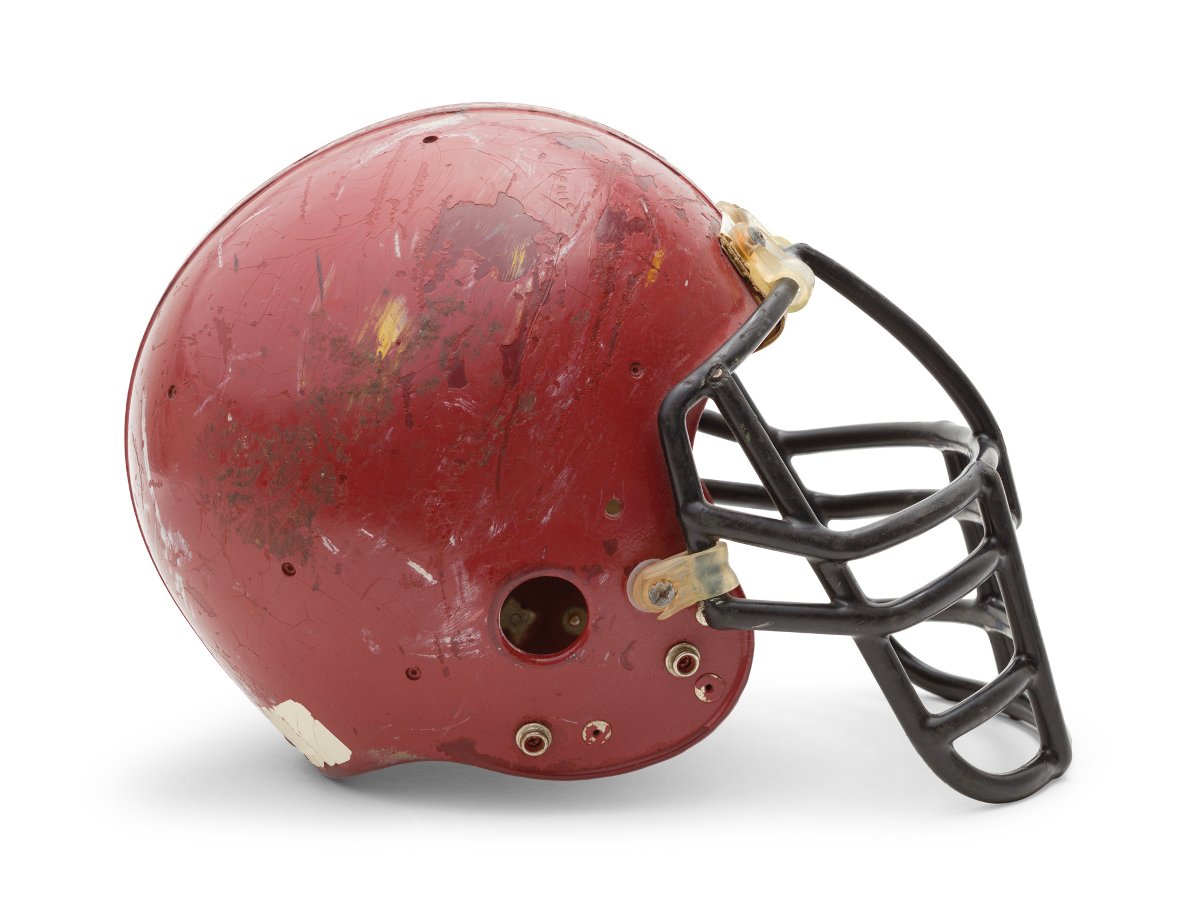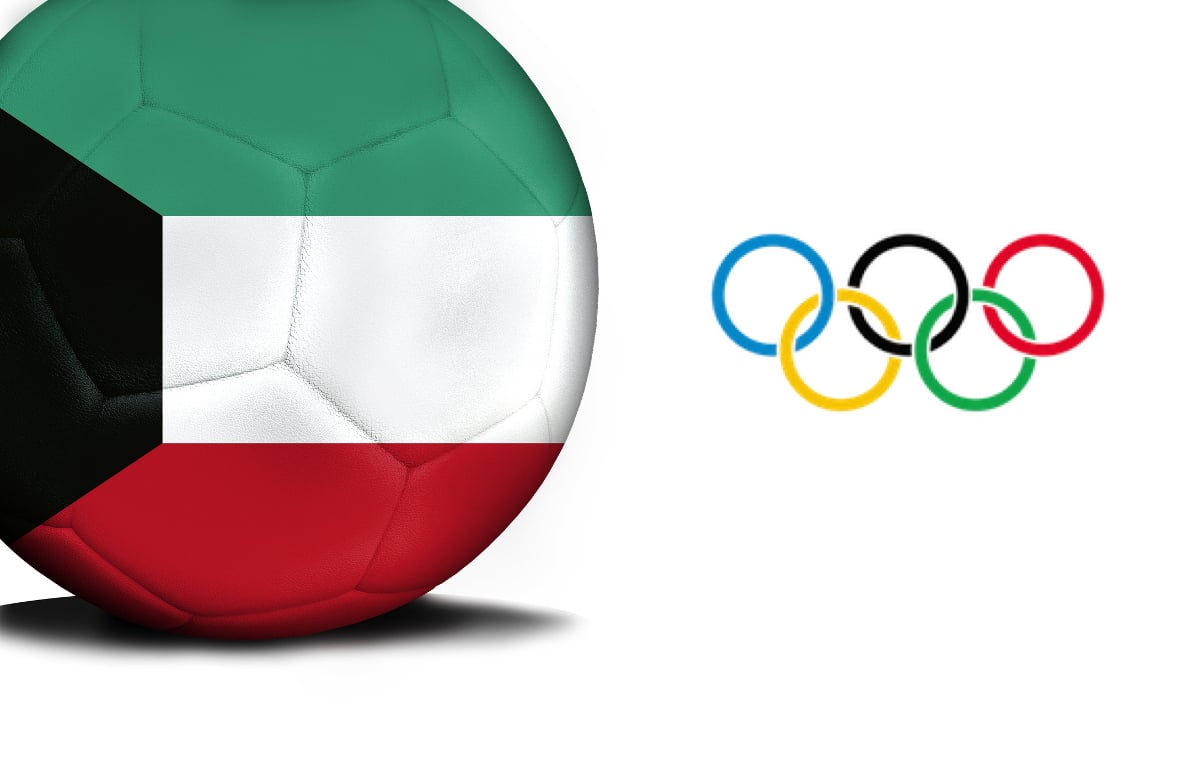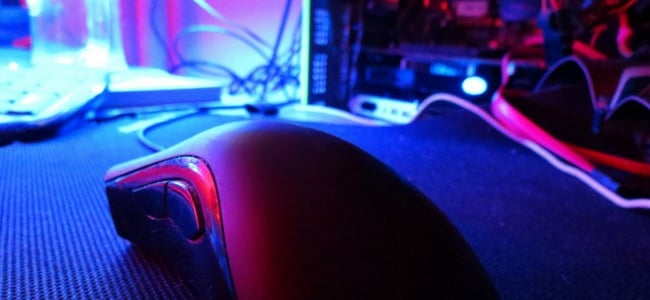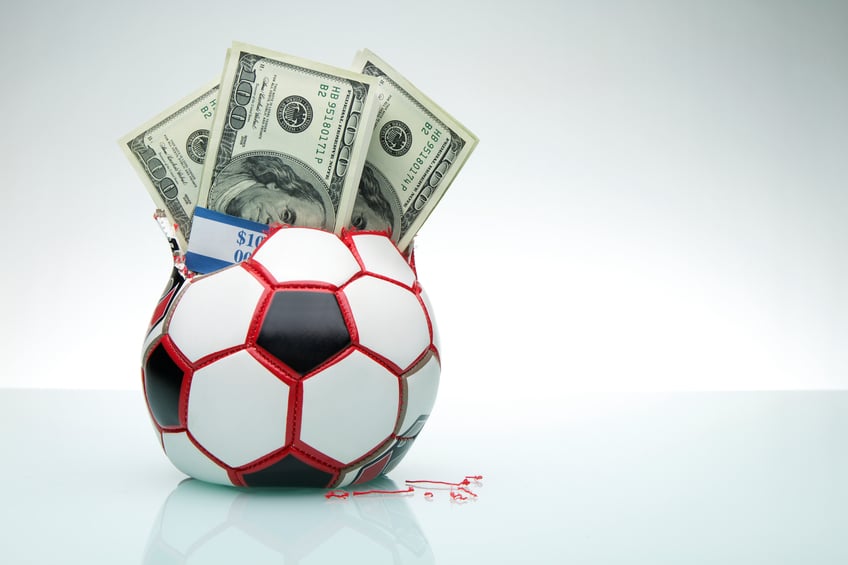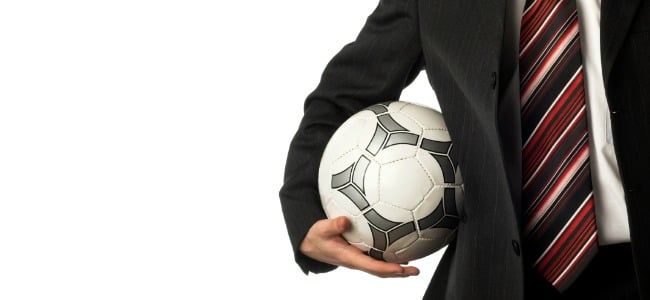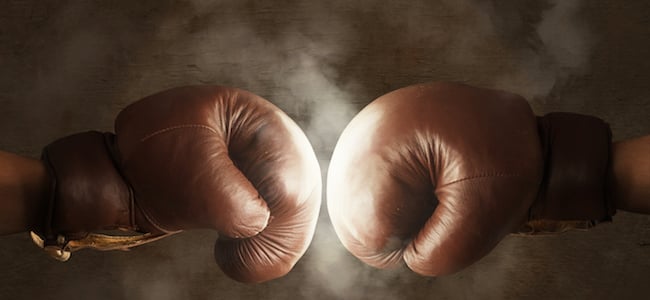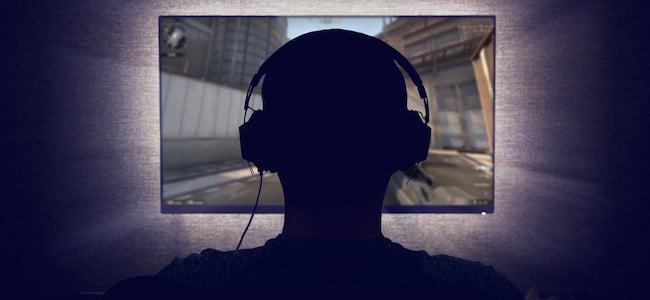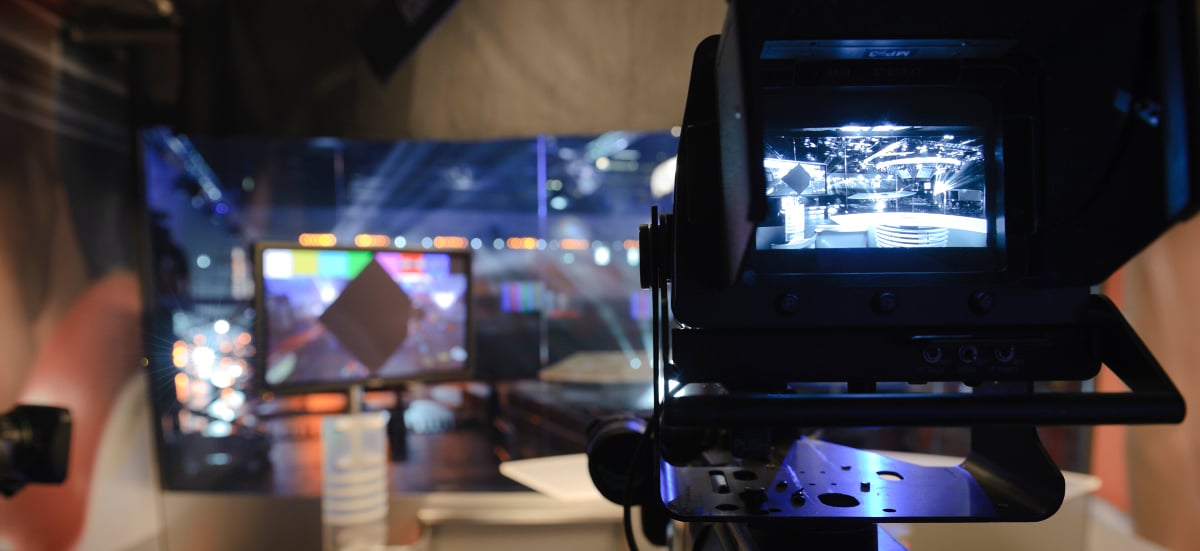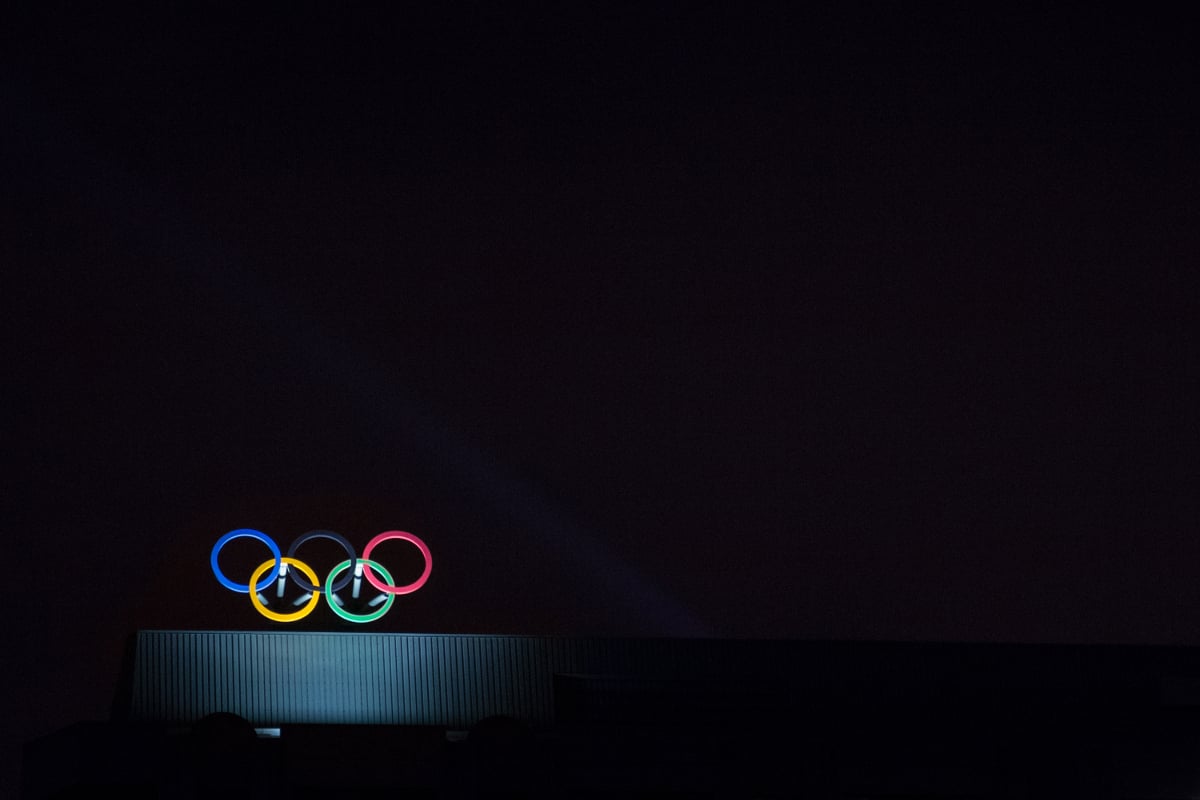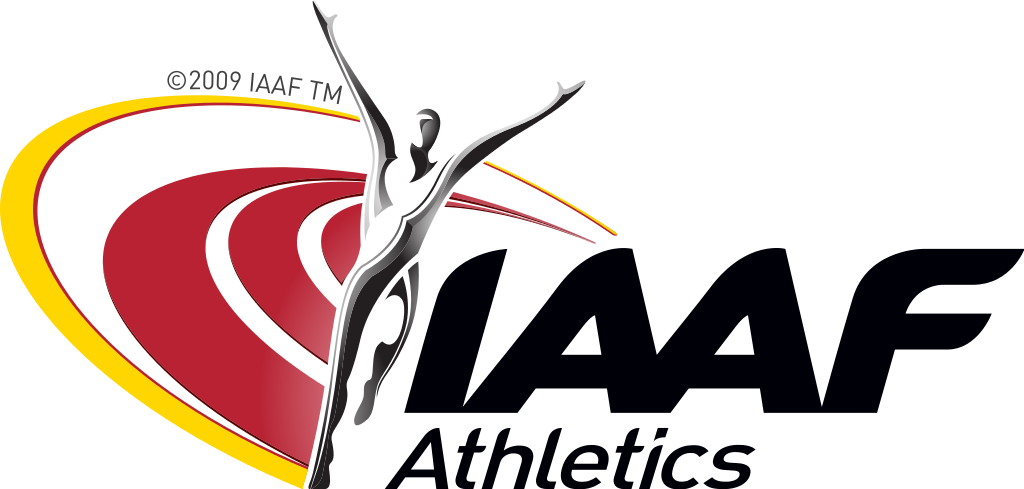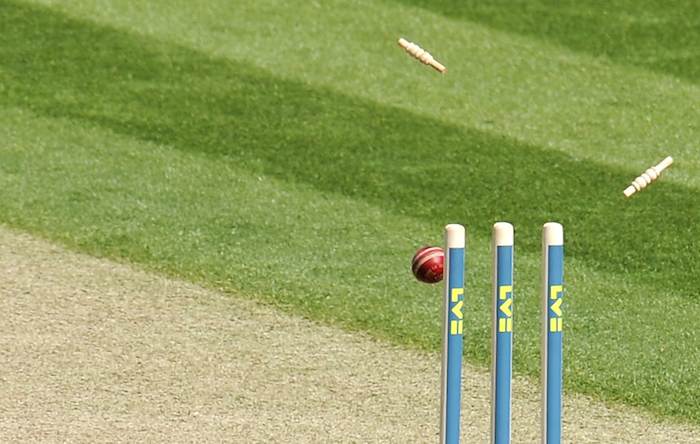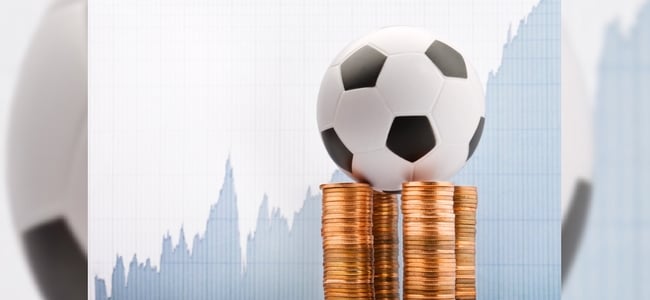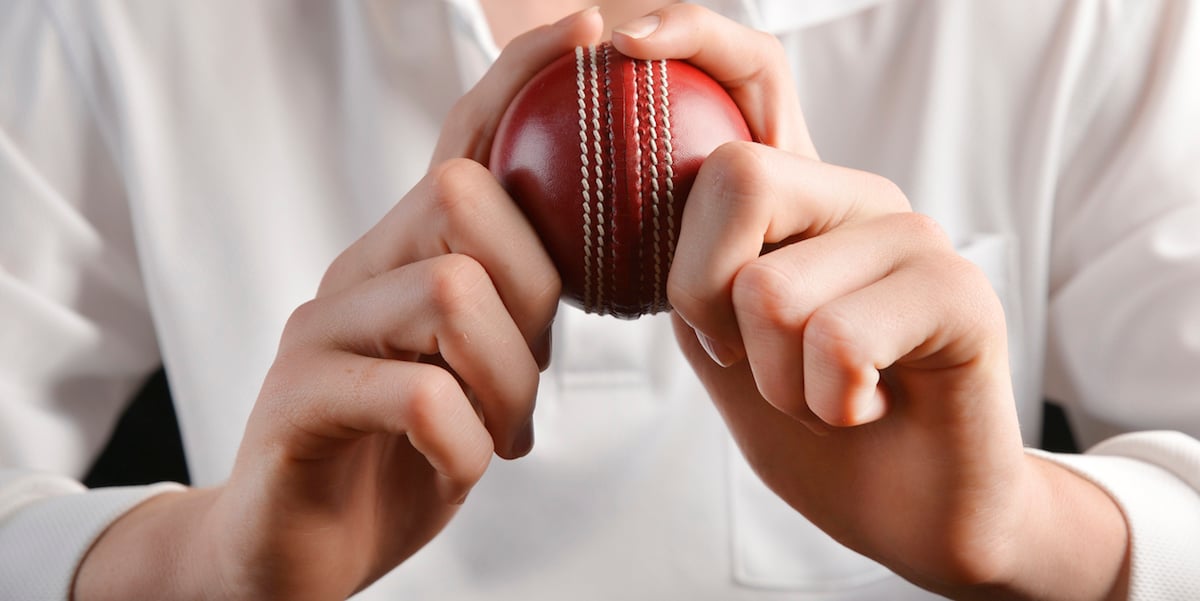Data collection from sports events: a nonexclusive future?
Published Thursday, 09 August 2018.
Italy’s new football intermediaries’ law – a testing regime
Published Wednesday, 01 August 2018.
Improving decisions in boxing: are video replays the answer?
Published Friday, 20 July 2018.
An Australian perspective on the esports industry and its core legal issues
Published Tuesday, 10 July 2018.
The dangers of weight-cutting in MMA: do we need an outright ban?
Published Thursday, 05 July 2018.
US Sports Law Year in Review (2017/18) – Part 13: Sports betting and daily fantasy sports
US Sports Law Year in Review (2017/18) – Part 11: Personal injury, health and safety
US Sports Law Year in Review (2017/18) – Part 9 - Gender equality and civil rights
US Sports Law Year in Review (2017/18) – Part 7 - College, high school and youth sports
US Sports Law Year in Review (2017/18) – Parts 4&5. Contracts and tort
US Sports Law Year in Review (2017/18) – Parts 1&2: agents & agent regulation; and leagues (labor matters)
Funding, independence and effectiveness: Key points from the Government’s Tailored Review of UK Anti-Doping
Published Wednesday, 27 June 2018.
Key updates on copyright protection and enforcement for sports media rightsholders
Published Wednesday, 20 June 2018.
Governmental interference in global sport - Why Kuwait is still in the Olympic wilderness
Published Friday, 15 June 2018.
Top legal tips for eSports start-ups – Part 1: incorporation, investment, IP and employees
Published Monday, 11 June 2018.
Safe sport series - Athlete abuse in the public sphere
Published Wednesday, 06 June 2018.
The potential impact of the Murphy v. NCAA decision on sports betting in the United States
Published Thursday, 31 May 2018.
Safe sport series - The systemic problems in sport that leave athletes at risk of abuse
Published Friday, 25 May 2018.
Not by gender, not by sex, but by testosterone saith the IAAF: International athletics and the new Female Eligibility Regulations
Published Tuesday, 22 May 2018.
Three key legal issues currently facing the Esports industry: A perspective from Asia
Published Wednesday, 16 May 2018.
Tapping-up in football: Complying with domestic and international transfers rules
Published Friday, 11 May 2018.
The laws on ambush marketing for FIFA World Cup 2018
Published Tuesday, 08 May 2018.
FIFA’s April 2018 amendments to its Regulations on the Status and Transfer of Players (RSTP)
Published Tuesday, 01 May 2018.
From corruption & scandal to reform: How the Brazilian Olympic Committee overhauled its governance model
What the Supreme Court’s Murphy v. NCAA Decision Means for Fantasy Sports
Published Friday, 10 August 2018.
The IOC’s intervention of AIBA – is this a turning point for international sports governance?
Published Friday, 03 August 2018.
The rise of e-Sports in Brazil - and how football clubs are getting on board
Published Friday, 20 July 2018.
The current state and future challenges of the Japan Sports Arbitration Agency
Published Thursday, 12 July 2018.
UEFA and Financial Fair Play: A review of the AC Milan decision and 2018 changes to the regulations
Published Friday, 06 July 2018.
More than just sport: An inside look at the modern Paralympic classification system
Published Wednesday, 04 July 2018.
US Sports Law Year in Review (2017/18) – Part 12: Stadiums and venues
US Sports Law Year in Review (2017/18) – Part 10 - Intellectual property and broadcasting
US Sports Law Year in Review (2017/18) – Part 8 - International and Olympic sports
US Sports Law Year in Review (2017/18) – Part 6 - Individual Sports
US Sports Law Year in Review (2017/18) – Part 3- Leagues (non-labor matters)
How cricket is tackling racism: A review of the ICC’s Anti-Racism Policy and Conciliation Process
Published Thursday, 28 June 2018.
Qatar 2022 World Cup - laws, changes and legacy benefits
Published Thursday, 21 June 2018.
Why ‘national platforms’ are the cornerstone in the fight against match-fixing in sport: the Macolin Convention
Published Monday, 18 June 2018.
The challenges of privatising Saudi Arabia’s football clubs - An update in 2018
Published Friday, 15 June 2018.
Safe sport series - The international responses to athlete abuse in sport
Published Wednesday, 06 June 2018.
A detailed review of the IAAF governance reforms
Published Friday, 01 June 2018.
Does World Rugby need a new process to handle dual-nationality player release disputes? Lessons from the Shields & Samu cases
Published Wednesday, 30 May 2018.
The BCCI and public transparency – A review of the Law Commission Report on the applicability of the Right to Information Act
Published Friday, 25 May 2018.
Corporate criminal liability: How the Criminal Finances Act 2017 presents a fresh challenge for English football clubs
Published Friday, 18 May 2018.
How the GDPR could impact the handling of sports disputes
Published Friday, 11 May 2018.
“Sandpapergate” - Is the ICC doing enough to combat ball tampering in cricket?
Published Tuesday, 08 May 2018.
UK Athletics’ creation of a (long overdue) Athletes’ Commission
The rise of women’s football in Mexico – The creation of LIGA MX Femenil
Published Friday, 27 April 2018.
A review of key Financial Fair Play cases through the lens of the CAS
Published Thursday, 12 April 2018.







